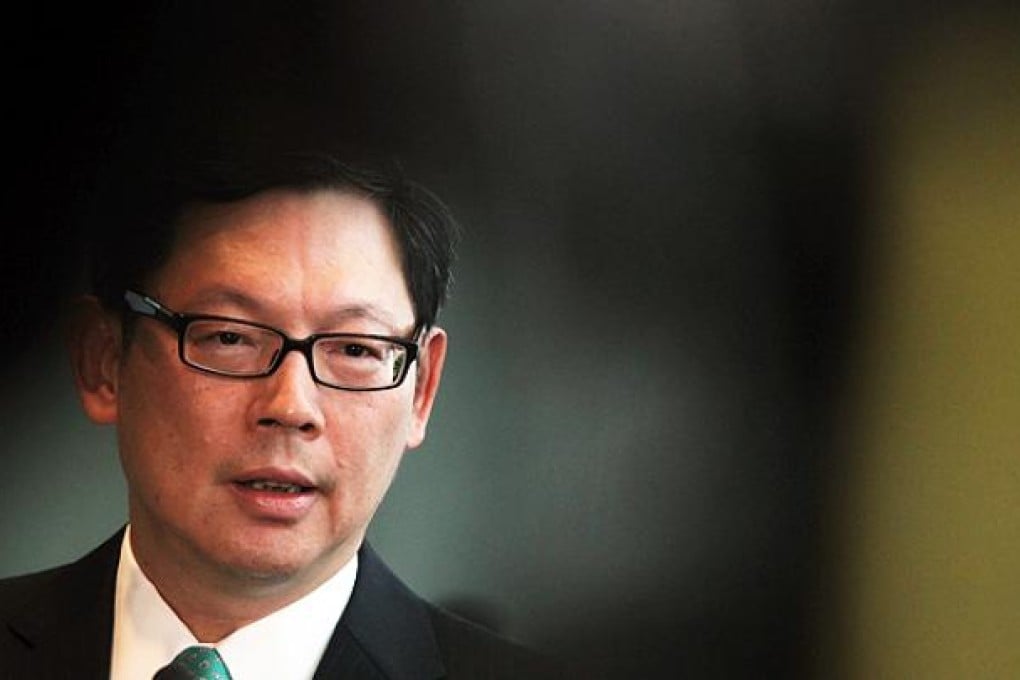HKMA curbs home loans to prevent property bubble after US stimulus
The HKMA on Friday ordered banks to curb home loans to borrowers with more than one mortgage to prevent the city being flooded with hot money after the US unveiled a bold new stimulus plan.

The Hong Kong Monetary Authority has ordered banks to curb home loans to borrowers with more than one mortgage to prevent the city being flooded with hot money after the United States announced an aggressive new stimulus plan to spur growth.
The city has among the most expensive residential property prices in the world, driven higher in recent years by voracious demand from rich buyers from the mainland and a lack of supply.
The runaway real estate market has created festering social and political problems, and forced the HKMA into uncharacteristic action in a territory known for its open economy.
In another step taken on Friday, the HKMA said it would restrict the maximum length of a mortgage to 30 years. Some banks had been offering home loans of up to 40 years.
“That’s exactly what we had been expecting,” said Alfred Lau, property analyst at Bocom International. “This is also sensible, to increase the downpayment requirement for non-occupied units. Obviously it’s for investment demand. This is the right direction.”
The Financial Secretary John Tsang Chun-wah warned later on Friday that if retail sales continued to slump, and exports remained sluggish, Hong Kong would enter recession in the third quarter, having seen a narrow decline in gross domestic product in the second quarter.